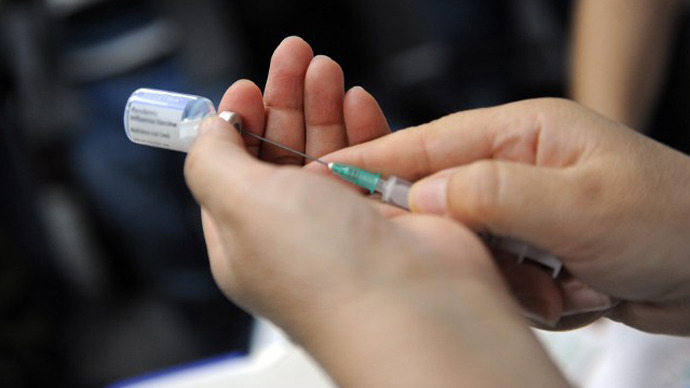Introduction:
Cocaine Process Addiction Rehab Thailand (Https://Link.Inverser.Pro/) is a critical community ailment that includes widespread ramifications for individuals, people, and society overall. The addicting properties with this stimulant medicine make it difficult to overcome, causing devastating effects for people in both the quick and longterm. This report aims to provide insights into cocaine addiction, its results, and prospective treatments.
The Range associated with Problem:
Cocaine addiction has been on the rise globally, impacting huge numbers of people from all walks of life. The initial allure of drug is based on being able to cause emotions of euphoria, enhanced power, and heightened self-confidence. But duplicated use often contributes to threshold, needing higher amounts to ultimately achieve the desired effect. This structure of use can easily spiral out of control, causing addiction.
Outcomes of Cocaine Addiction:
The actual and psychological consequences of cocaine addiction may be devastating. Physiologically, extended punishment associated with the drug can lead to cardiovascular complications, breathing issues, and damage to body organs like the liver and kidneys. Psychological state conditions such as for instance depression, anxiety, and paranoid psychosis are typical those types of suffering cocaine addiction. The financial burden of such addiction could be astronomical, as people prioritize obtaining the medicine over conference day-to-day requirements, leading to job reduction, bankruptcy, and strained interactions.
Underlying Factors and Danger Aspects:
Different facets donate to the introduction of cocaine addiction. Socioeconomic status, hereditary predisposition, and mental facets eg impulsivity and thrill-seeking behavior all be the cause in increasing an individual’s vulnerability to addiction. Moreover, contact with a supportive environment, familial reputation for drug abuse, and childhood trauma can substantially heighten the risk of cocaine addiction.
Treatment Options:
Handling cocaine addiction requires a thorough approach that combines health, mental, and social interventions. Cleansing is often the 1st step, enabling people to properly withdraw from medicine under health direction. Medications are recommended to control withdrawal symptoms and reduce cravings. Cognitive-behavioral treatment (CBT) shows promising outcomes, assisting people identify triggers, develop coping systems, and modify maladaptive habits of thinking and behavior.
Supporting companies such as for instance 12-step programs or team treatment are important in fostering recovery and offering continuous support. Holistic methods that stress life style changes, tension reduction methods, and alternate treatments like acupuncture therapy or meditation may being explored to check old-fashioned treatment methods.
Prevention and Education:
Protection is an important aspect in combating cocaine addiction. Public health promotions that stress the dangers of cocaine usage, its addicting nature, additionally the possible consequences are necessary in curbing its prevalence. Schools and educational establishments should implement evidence-based substance abuse programs that educate young people concerning the risks associated with drug use and teach refusal abilities.
Summary:
Cocaine addiction remains a substantial public wellness anxiety about far-reaching consequences. The vicious pattern of addiction and its particular damaging results on physical and mental health necessitate effective avoidance projects, very early intervention, and comprehensive treatments. It is crucial that governing bodies, health specialists, and communities work together to handle this devastating epidemic and offer the required support for people struggling with cocaine addiction.
